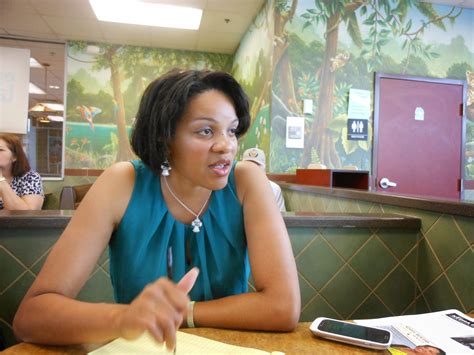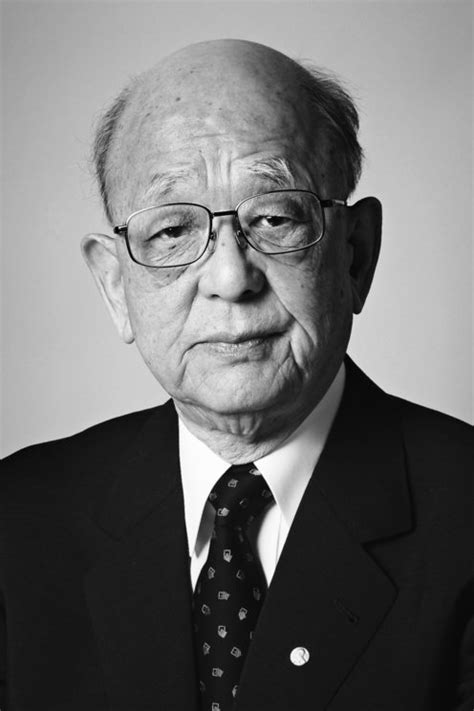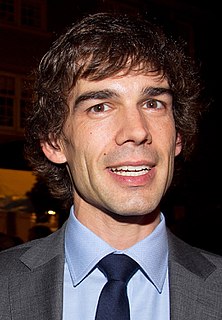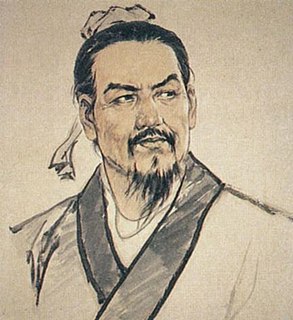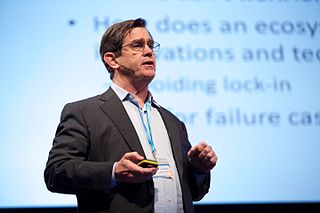A Quote by Kesha Rogers
After graduating college in 2001 with a B. A. in Political Science and Speech Communications from Texas State University - San Marcos, I realized that my generation and those younger had been given no future and had been maliciously robbed of the knowledge of principles and methods necessary for building one.
Related Quotes
If cathedrals had been universities If dungeons of the Inquisition had been laboratories If Christians had believed in character instead of creed If they had taken from the bible only that which is GOOD and thrown away the wicked and absurd If temple domes had been observatories If priests had been philosophers If missionaries had taught useful arts instead of bible lore If astrology had been astronomy If the black arts had been chemistry If superstition had been science If religion had been humanity The world then would be a heaven filled with love, and liberty and joy
Woman is God’s supreme creation. Only after the earth had been formed, after the day had been separated from the night, after the waters had been divided from the land, after vegetation and animal life had been created, and after man had been placed on the earth, was woman created; and only then was the work pronounced complete and good.
It was 1999, and we were building a way for college kids to create online profiles for the purpose of sharing... with employers. Oops. I vividly remember the moment I realized my company was going to fail. My co-founder and I were at our wits' end. By 2001, the dot-com bubble had burst, and we had spent all our money.
Including my nine years as a student, the majority of my life has been at Hokkaido University. After my retirement from the university in 1994, I served at two private universities in Okayama Prefecture - Okayama University of Science and Kurashiki University of Science and the Arts - before retiring from university work in 2002.
For as long as I can remember, I have been inspired by the achievement of our founding fathers. They set forth principles that have endured for than more two centuries. Those principles are as meaningful and relevant in each generation as the generation before. It would be a profound privilege for me to play a role in applying those principles to the questions and controversies we face today.
No one has a monopoly on knowledge the way that, say, IBM had in the 1960s in computing, or that Bell Labs had through the 1970s in communications. When useful knowledge exists in companies of all sizes and also in universities, non-profits and individual minds, it makes sense to orient your innovation efforts to accessing, building upon and integrating that external knowledge into useful products and services.
It had also been my belief since I started writing fiction that science fiction is never really about the future. When science fiction is old, you can only read it as being pretty much about the moment in which it was written. But it seemed to me that the toolkit that science fiction had given me when I started working had become the toolkit of a kind of literary naturalism that could be applied to an inherently incredible present.
